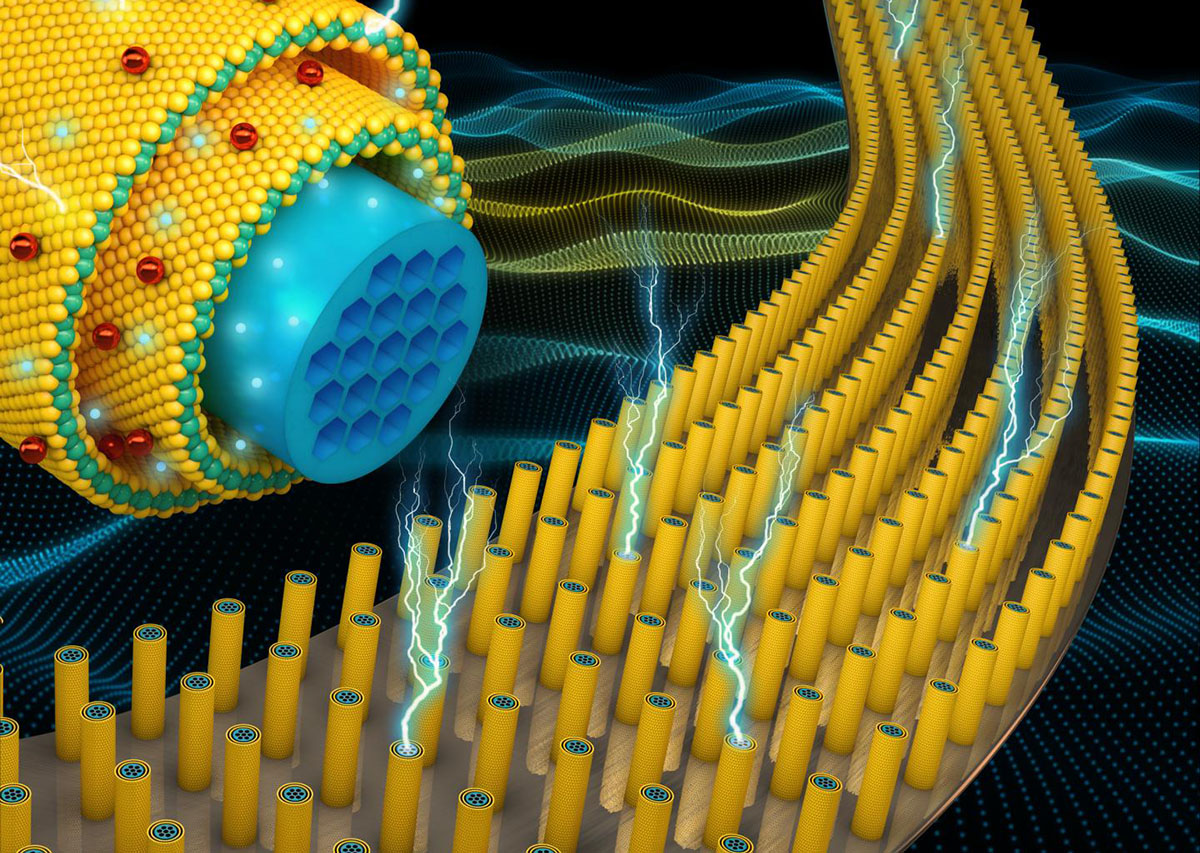" Renewable Biomass For Supercapacitor Applications" Presentation
| Introduction | ||
|---|---|---|
| Renewable biomass for supercapacitor applications is a promising solution for sustainable energy storage. Biomass refers to organic matter derived from plants or animals, which can be converted into energy-rich materials. Supercapacitors are energy storage devices that offer high power density and fast charging capabilities. | ||
| 1 | ||
| Advantages of Renewable Biomass | ||
|---|---|---|
| Renewable biomass is abundant and can be sustainably harvested, reducing dependency on fossil fuels. Biomass can be easily processed into carbon nanomaterials, such as activated carbon or carbon nanotubes, which are suitable for supercapacitor electrodes. Utilizing renewable biomass for supercapacitors can contribute to carbon capture and reduce greenhouse gas emissions. | ||
| 2 | ||
| Biomass Conversion Techniques | ||
|---|---|---|
| Pyrolysis is a commonly used technique to convert biomass into biochar, which has a high carbon content and can be used as a precursor for supercapacitor electrodes. Hydrothermal carbonization (HTC) involves the conversion of biomass under high temperature and pressure, producing hydrochar with desirable electrochemical properties. Direct carbonization, through controlled heating, can also be employed to convert biomass into carbon materials suitable for supercapacitor applications. |  | |
| 3 | ||
| Electrochemical Performance of Biomass-derived Carbon | ||
|---|---|---|
| Biomass-derived carbon materials exhibit high specific surface area and porosity, allowing for efficient ion transport and storage. The unique morphology and surface chemistry of biomass-derived carbon facilitate enhanced capacitance and improved cycling stability. The abundance of heteroatoms in biomass-derived carbon can promote pseudocapacitive behavior, leading to higher energy storage capacity. | ||
| 4 | ||
| Challenges in Biomass-based Supercapacitor Technology | ||
|---|---|---|
| Variability in biomass composition and properties can affect the quality and consistency of carbon materials derived from different sources. Optimization of biomass conversion processes is required to maximize the electrochemical performance of the resulting carbon materials. Further research is needed to explore the potential of different biomass sources and improve the scalability of biomass-based supercapacitor technology. | ||
| 5 | ||
| Applications of Biomass-based Supercapacitors | ||
|---|---|---|
| Biomass-derived supercapacitors can be used in portable electronics, providing fast charging and long-lasting power. Integration of biomass-based supercapacitors with renewable energy systems can enhance their efficiency and stability. Large-scale implementation of biomass-based supercapacitors can contribute to the development of sustainable energy storage solutions. | ||
| 6 | ||
| Environmental Impact of Biomass-based Supercapacitors | ||
|---|---|---|
| Biomass-derived supercapacitors have a significantly lower environmental impact compared to conventional energy storage technologies. The use of renewable biomass helps reduce carbon emissions and dependence on non-renewable resources. Proper waste management and sustainable sourcing of biomass are essential to minimize any potential negative environmental effects. | ||
| 7 | ||
| Future Prospects and Research Directions | ||
|---|---|---|
| Continued research is needed to optimize biomass conversion techniques and improve the electrochemical performance of biomass-derived carbon materials. Exploration of new biomass sources and the development of efficient and scalable conversion processes are key areas for future investigation. Integration of biomass-based supercapacitors with other energy storage technologies can lead to hybrid systems with enhanced performance and versatility. | ||
| 8 | ||
| Conclusion | ||
|---|---|---|
| Renewable biomass holds great potential for supercapacitor applications, offering a sustainable and environmentally friendly energy storage solution. Biomass-derived carbon materials exhibit excellent electrochemical performance and can be synthesized through various conversion techniques. Further research and development are required to overcome challenges and fully exploit the benefits of biomass-based supercapacitors. | ||
| 9 | ||
| References (download PPTX file for details) | ||
|---|---|---|
| (Insert your references here)... Your second bullet... Your third bullet... |  | |
| 10 | ||







